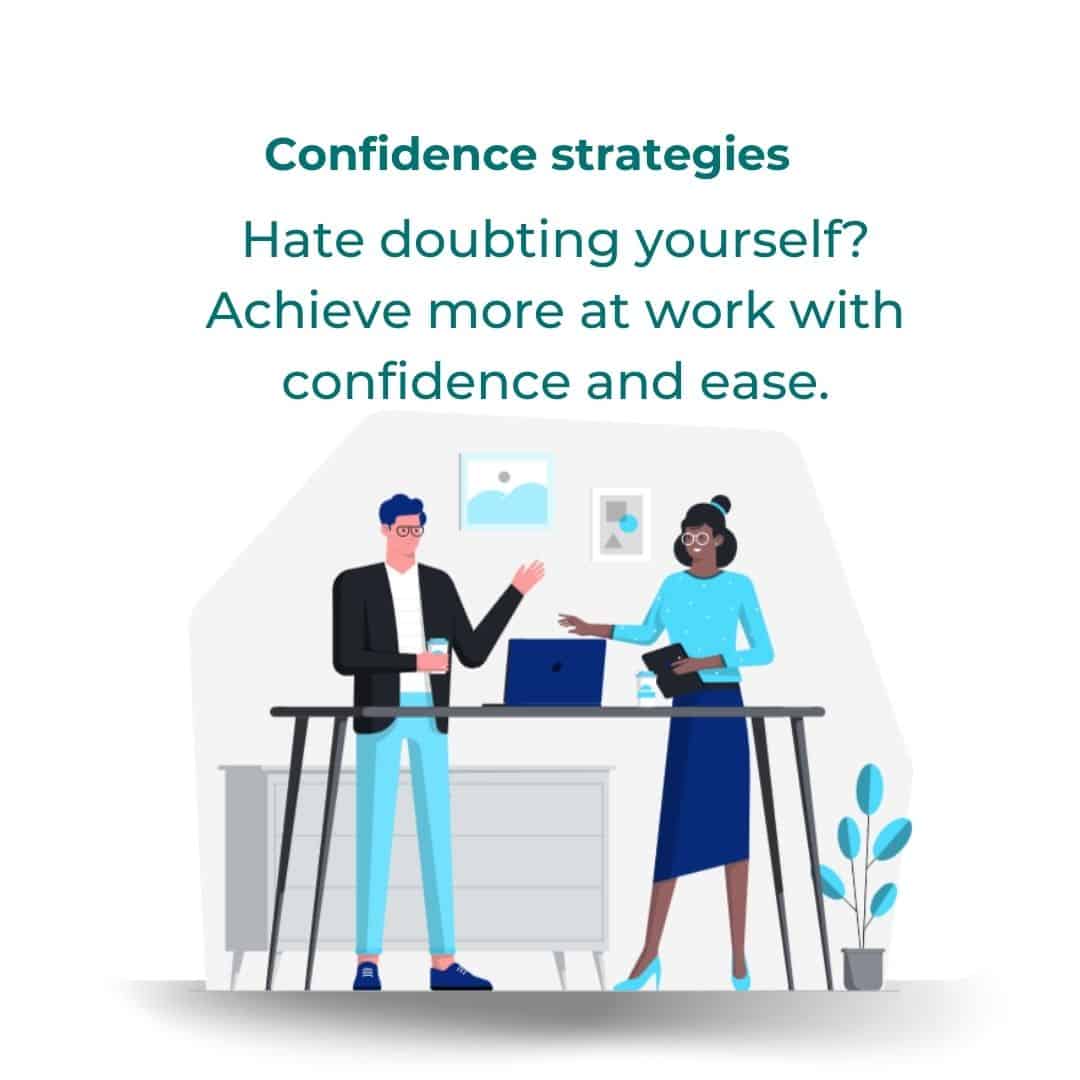How To Improve Your
Communication Skills
Do you wonder how you can improve your communication skills? If your answer is yes, then I have a few suggestions for you.
Communication in simple terms means to pass messages between two or more people. You want your audience to hear what you say and also to understand you. Your audience wants you to listen and understand them too.
What are the components of communication that help everyone involved? How do you communicate with people? When you answer these questions, you will know how you can improve your communication.
Let's get into some details.
As an individual, the way you receive information is through your five senses. Your sense of seeing, hearing, touching, tasting and smelling all receive information and sends it to your brain for processing.
When you communicate in a professional setting, depending on what your profession is, you need to make sure your messaging is aligned to prevent confusion in your communication.
What other people hear when you communicate must be congruent with what they see (what they smell, touch and taste if applicable). Body odor or bad smell is a turnoff. Sweaty hands feel uncomfortable. If you are in the food industry, of course, you want your product tasting great.
Steps To Improve Your Communication Skills
1. Spoken Communication.
Make sure to be as clear and concise as you can be. People's attention span diminishes the longer you take to pass your point across. I have found that using illustrations and or stories, makes it easier for you to connect with your audience. So use these tips when speaking to pass your message across.
2. Body Language and Facial Expression.
Body language and your facial expression not only help reinforce your message but it also gives you insight on how your audience's thoughts.
You can tell certain things by people's facial expression. It's often referred to as micro-expressions. The Science of People explains the concept of micro-expressions in more details.
Even when unsure of what you see, you can ask them For example, does your audience understand what you are saying or do they have questions? Are they getting bored or do they look interested? By observing them, you have an idea how to respond. questions to get the root of what you see. You can always ask what areas they want further clarification or what areas would they don't like.
You want to make sure your facial expression is appropriate too. Facial expressions are powerful. Smile appropriately, let your facial expression go hand in hand with the message you are conveying.
Avoid looking condescending even when displeased. No one likes to feel small or unimportant. Express your disapproval in a professional way.
Your body language should be open. For example, avoid crossing your arms across your torso because you will look defensive and unsure of your self.
Instead, keep your head up, shoulders relaxed and let your body face your audience, so you look happy to be with them. You will look interested and engaged when you lean in slightly when speaking with another person, especially if seated.
3. What You Wear.
What you wear gives people an impression. If you want to improve your communication skills, pay attention to what you wear. Do you look like a confident professional they want to listen to or do you look like someone in need of their help?
Even in a casual office setting, you need to look like a professional. Remember that people make a judgment on your abilities based on the information they see. You most likely won't pay a financial planner who looks a little scruffy or too casual or would you?
Unconsciously people form a memory of their perception of you partly based on their first impression of you. How you look every day will reaffirm their perception of your competence and readiness.
Lastly, when you are well dressed, you automatically feel more confident. You won't feel out of place when you meet or speak with other people.
Don't forget to try to eliminate or reduce odors from pets or nicotine. Food smell like garlic can also be a turnoff as well.
4. Take Actions.
Start from where you are. You won't improve your communication skills if you don't start. Don't stay in your comfort zone. You can record yourself speaking or practice in front of a mirror to identify your strengths and weaknesses. There are areas where you are doing well so incorporate those areas in your speaking. Then work on your weakness as often as you can. Don't be offended or discouraged if you get negative feedbacks.
In Conclusion
To conclude, what you want to be is your best self. People want to relate with the real you, not an imitation of some else. It's okay to admire and learn from other people who communicate well. However, you want to absorb what you learn and express it in a way that's true to you.
Like Napoleon Hill said, "If the mind of man can conceive a thing and it can believe it, it will achieve it." You can improve your communication skills if you set your mind to do it.
You can do it!


